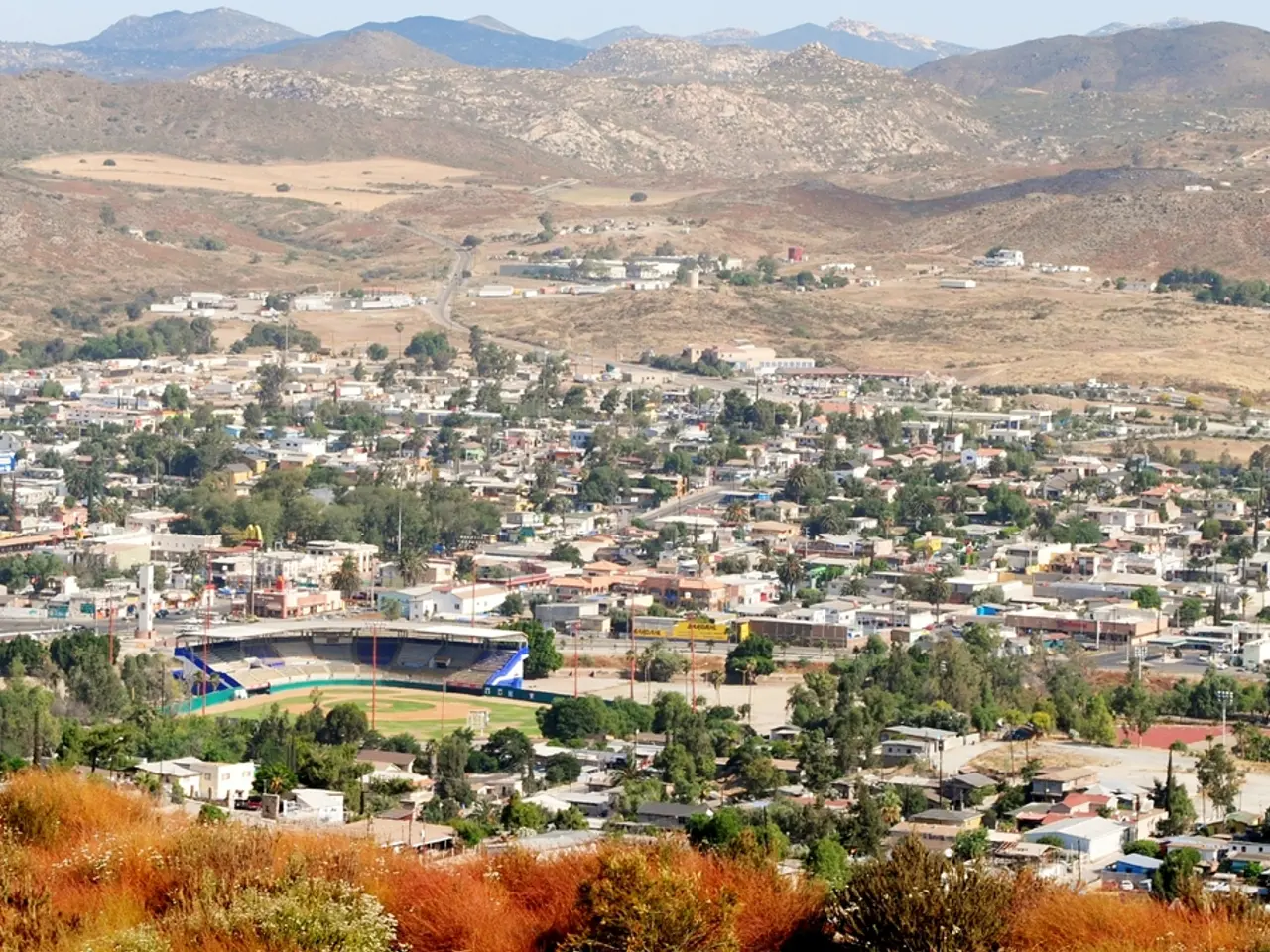Middle Eastern turmoil puts safe havens in Dubai and Abu Dhabi to the test
DUBAI - Through the throes of global instability, the United Arab Emirates has shown an uncanny resilience, attracting capital during the Arab Spring, swiftly reopening during the Covid-19 pandemic, and welcoming Russian funds post-Ukraine invasion. Yet, the Iran-Israel standoff, drawing the US into the fray, presents one of the sternest tests to the country's neutral, business-friendly stance.
A Tightrope WalkThe UAE holds a unique diplomatic posture, maintaining relations with both Iran and Israel, and serving as a covert mediator to keep communication lines open during the intensifying conflict. This role is anything but passive; the UAE aims to serve as a mediator to de-escalate tensions, demonstrating a strategic, pragmatic approach to foreign affairs.[2]
Despite the turbulence, the UAE remains steadfast in its pursuit of stability, prioritizing economic and technological collaborations. For instance, the UAE's Minister of Industry and Advanced Technology has publicly advocated for 'peace over provocation', emphasizing the UAE's commitment to progress through partnerships and safeguarding its economic vision, particularly in sectors like energy and technology.[3]
However, the conflict has directly impacted regional operations, leading to temporary airspace closures due to Iranian retaliation fears, revealing the UAE's strategic vulnerability to regional tensions.[1] This vulnerability is further highlighted by the airspace shutdowns of other Gulf Cooperation Council (GCC) members, hinting at the Iran-Israel conflict's influence on Gulf countries' operational and economic stability.
A Strained AccordThe Iran-Israel conflict poses a significant challenge to the Abraham Accords, the peace agreement between Israel and some Gulf states, including the UAE, threatening its potential for regional economic integration and diplomatic cooperation. Israel's decision to temporarily shut down its embassies in the Gulf, including the UAE, due to security concerns, has irritated regional leaders, who view this as undermining trust and risking diplomatic channels crucial for dialogue and de-escalation.[2]
Initially meant to foster trade, tourism, and technology cooperation, the accords now face a critical test as Gulf states, like the UAE, aim to leverage the framework to manage conflict risks and uphold regional stability. This shift toward pragmatic diplomacy reflects an effort to communicate red lines and exert pressure on both Iran and Israel.[2]
Economic and Security ConcernsThe UAE's condemnation of attacks and cautious position regarding the Iran-Israel conflict aligns with its broader goal to avoid spillovers that could destabilize its economy and security, including key energy infrastructure and trade routes.[3]
While the UAE denounces violence that endangers regional stability, it chooses to remain cautious in direct conflict involvement, instead focusing on utilizing its unique diplomatic channels to prevent the conflict from escalating further.[3][2]
In essence, the Iran-Israel standoff has disrupted the UAE's neutral business environment with regional security challenges and diplomatic strains. However, the UAE responds by strengthening its role as a covert diplomatic mediator, emphasizing pragmatism and stability to safeguard its economic ambitions and maintain its standing as a key regional player striving to mitigate conflict escalation.[1][2][3]
Want more from The Straits Times? Subscribe now and get all subscriber-only content on our app and website. It's just S$9.90/month with no contract.
[1] "How the Iran-Israel confrontation has affected Gulf states." The Guardian, May 25, 2023.
[2] "UAE's pragmatic diplomacy amid Israel-Iran tensions." The National, May 16, 2023.
[3] "Explaining the UAE's balancing act in the Iran-Israel confrontation." Gulf News, June 1, 2023.
- In an attempt to maintain its unique diplomatic posture and economic vision, the UAE, amid the Iran-Israel conflict, has been emphasizing a strategic, pragmatic approach to foreign affairs, not only focusing on economic and technological collaborations but also acting as a covert mediator to de-escalate tensions.
- As the UAE serves as a mediator to manage conflict risks and uphold regional stability in the context of the Iran-Israel standoff, it seeks to safeguard its financial sector and wealth management by avoiding spillovers that could destabilize its economy and security.




